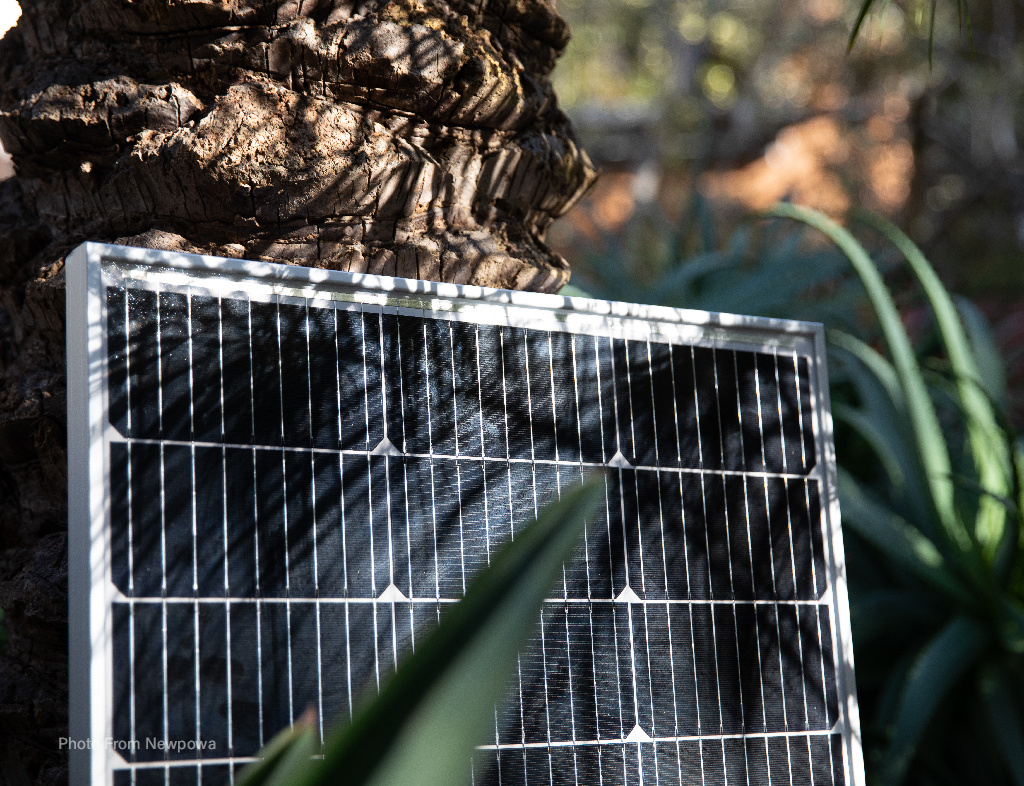OVER-PANELING OR UNDER-PANELING: FINDING THE RIGHT BALANCE FOR YOUR SOLAR SYSTEM
31st May 2024
In the world of off-grid solar systems, finding the perfect balance between over-paneling and under-paneling is essential for maximizing energy production, optimizing system performance, and ensuring long-term reliability. Both approaches have their advantages and considerations, but which one is best suited for off-grid use? Let's explore the pros and cons of each to help you make an informed decision.

Over-Paneling:
Over-paneling involves installing more solar panels than necessary to meet the energy demands of a system. Here's why it might be the right choice for your off-grid setup:
1. Increased Energy Production: With more solar panels, over-paneling can significantly increase the energy production capacity of your off-grid system, providing surplus power for periods of high demand or inclement weather conditions.
2. Redundancy and Resilience: Over-paneling provides redundancy and resilience against power fluctuations, equipment failures, or unexpected increases in energy consumption. This ensures uninterrupted power supply and peace of mind, especially in remote off-grid locations.
3. Futureproofing: By oversizing your solar array, you can future-proof your off-grid system against potential energy needs or expansions in the future. This allows for scalability and flexibility as your off-grid lifestyle evolves over time.
However, over-paneling also comes with its considerations:
1. Upfront Costs: Installing more solar panels than necessary can increase upfront costs, requiring a larger initial investment in equipment and installation. It's essential to weigh the long-term benefits against the upfront expenses to determine the cost-effectiveness of over-paneling.
2. Space Limitations: Over-paneling may not be feasible for off-grid installations with limited space or rooftop area. It's essential to consider space constraints and ensure adequate clearance for proper ventilation and maintenance of the solar array.

Under-Paneling:
Under-paneling involves installing fewer solar panels than necessary to meet the energy demands of a system. Here's why it might be the best option for your off-grid setup:
1. Cost Savings: Installing fewer solar panels can reduce upfront costs and make off-grid solar systems more accessible and affordable for budget-conscious individuals or small-scale installations.
2. Space Efficiency: Under-paneling is ideal for off-grid installations with limited space or rooftop area, allowing for efficient use of available real estate without overcrowding or obstruction.
3. Conservative Energy Management: By matching the size of the solar array to the energy needs of the system, under-paneling promotes conservative energy management and helps avoid excessive energy production or waste.
However, under-paneling also has its considerations:
1. Energy Shortages: Under-paneling may lead to energy shortages during periods of high demand or inclement weather conditions, potentially compromising the reliability and performance of the off-grid system.
2. Limited Scalability: Installing fewer solar panels may limit the scalability and flexibility of the off-grid system, making it challenging to accommodate future energy needs or expansions.
Finding the Right Balance:
Ultimately, the best approach to off-grid solar panel sizing depends on your specific energy needs, budget, space limitations, and long-term goals. It's essential to conduct a thorough energy audit, assess your off-grid lifestyle requirements, and consult with a solar energy professional to determine the optimal panel size and configuration for your unique situation.
By finding the right balance between over-paneling and under-paneling, you can optimize the performance, reliability, and cost-effectiveness of your off-grid solar system, empowering you to enjoy sustainable energy independence for years to come. But as the old saying goes, it’s better to have and not need, then need and not have.
Be Wise, Go Solar!
